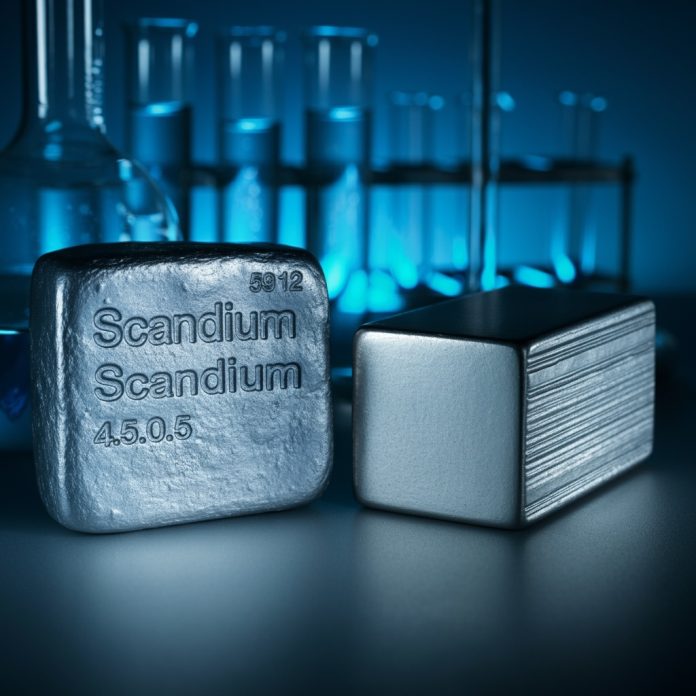Scandium Canada has filed a provisional patent entitled ‘Aluminium alloy powders for additive manufacturing. Methods of producing the same and uses thereof’, to use aluminium scandium alloys for 3D printing.
In addition to advancing its Crater Lake scandium and rare earth project, Scandium Canada has developed two aluminium scandium (Al-Sc) alloys and their powders, specifically for additive manufacturing (3D printing) applications, in collaboration with McMaster University, Ontario, Canada.
This has resulted in a significant body of intellectual property developed over the last three years.
Guy Bourassa, Scandium’s CEO, commented: “We are very excited about this new step in the company’s development. It confirms our objective to be recognised as a leader in the scandium markets, not only by developing the largest hard rock primary scandium project in the world but also by developing applications for scandium.
“Scandium is the metal of the future, and we are deeply engaged in its development and market growth.
“Over the next few months, Scandium Canada will explore options with commercial and research partners in Canada and abroad to monetise its 100% owned intellectual property to generate revenues and offtake agreements separate from its mining activities.”
New possibilities for aluminium scandium alloys
Luc Duchesne, PhD, Chief Science Officer, added: “The commercial emergence of aluminium powders in 3D printing represents a significant advancement in additive manufacturing technology.
“With the filing of patents such as the one by Scandium Canada Ltd., the potential for using aluminium alloy powders for 3D printing applications using aluminium scandium alloys has increased.
“This development creates new possibilities for manufacturing lightweight, high-strength components, particularly in aerospace, automotive, and maritime industries. 3D printing has the potential to revolutionise the way metal components are manufactured, offering greater design flexibility and efficiency in production processes.”
Scandium Canada is thankful for the contribution of multiple collaborators over the last three years, particularly McMaster University.









